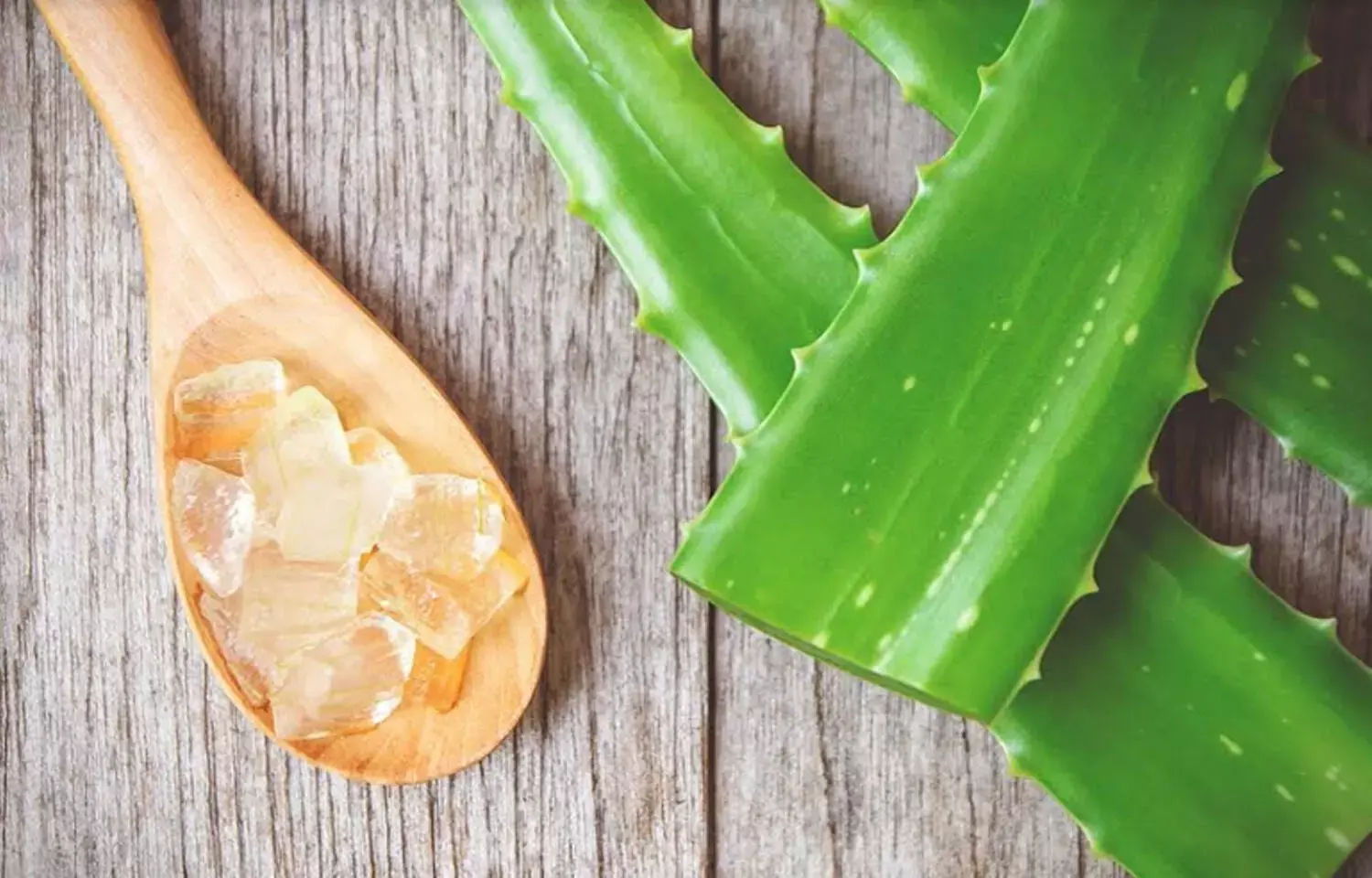- Home
- Medical news & Guidelines
- Anesthesiology
- Cardiology and CTVS
- Critical Care
- Dentistry
- Dermatology
- Diabetes and Endocrinology
- ENT
- Gastroenterology
- Medicine
- Nephrology
- Neurology
- Obstretics-Gynaecology
- Oncology
- Ophthalmology
- Orthopaedics
- Pediatrics-Neonatology
- Psychiatry
- Pulmonology
- Radiology
- Surgery
- Urology
- Laboratory Medicine
- Diet
- Nursing
- Paramedical
- Physiotherapy
- Health news
- Fact Check
- Bone Health Fact Check
- Brain Health Fact Check
- Cancer Related Fact Check
- Child Care Fact Check
- Dental and oral health fact check
- Diabetes and metabolic health fact check
- Diet and Nutrition Fact Check
- Eye and ENT Care Fact Check
- Fitness fact check
- Gut health fact check
- Heart health fact check
- Kidney health fact check
- Medical education fact check
- Men's health fact check
- Respiratory fact check
- Skin and hair care fact check
- Vaccine and Immunization fact check
- Women's health fact check
- AYUSH
- State News
- Andaman and Nicobar Islands
- Andhra Pradesh
- Arunachal Pradesh
- Assam
- Bihar
- Chandigarh
- Chattisgarh
- Dadra and Nagar Haveli
- Daman and Diu
- Delhi
- Goa
- Gujarat
- Haryana
- Himachal Pradesh
- Jammu & Kashmir
- Jharkhand
- Karnataka
- Kerala
- Ladakh
- Lakshadweep
- Madhya Pradesh
- Maharashtra
- Manipur
- Meghalaya
- Mizoram
- Nagaland
- Odisha
- Puducherry
- Punjab
- Rajasthan
- Sikkim
- Tamil Nadu
- Telangana
- Tripura
- Uttar Pradesh
- Uttrakhand
- West Bengal
- Medical Education
- Industry
Aloe vera may be a useful intracanal medicament, finds study

Dentists have explored many options for the intracanal medicaments and have recently found out that Aloe vera, in contrast to calcium hydroxide, eliminated 4th and 6th-week biofilms and showed remarkable antibacterial properties against E. faecalis biofilm and can be used as an intracanal medicament while doing root canal treatments.
The study is published in the International Journal of Dentistry.
Use of herbal compounds as an intracanal medicament in the field of endodontics has become noteworthy, one of which is the Aloe vera compound whose antibacterial effect has already been proven in the planktonic form of Enterococcus faecalis. Aloe vera is biocompatible and has no toxicity problem in the long term adjacent to the tissues around the root.
Therefore, Negin Ghasemi and colleagues from the Research Center for Pharmaceutical Nanotechnology, Department of Endodontics, Tabriz University of Medical Sciences, Tabriz, Iran carried out this study with the purpose to evaluate the antibacterial properties of Aloe vera gel as an intracanal medicament against E. faecalis biofilm at the 4th and 6th week of development by the colony-forming unit (CFU) counting method to see whether Aloe vera gel has equal activity with other conventional antimicrobial agents.
The authors used 130 single root canal teeth without anomalies and caries. They were divided into two groups of 65 teeth for four and six weeks of biofilm production. Five samples of each group were examined for confirmation of biofilm formation under an electron microscope. Study groups were investigated with an antimicrobial agent as an intracanal medicament including 20 samples treated with Aloe vera, calcium hydroxide, and phosphate-buffered saline and biofilm and survival of pathogens were investigated. Dentin chip suspensions were used for the colony-forming unit (CFU) counting to estimate remaining E. faecalis counts.
The results of the study showed that the CFU mean in the 4th-week subgroup in Aloe vera, phosphate-buffered saline, and calcium hydroxide was 0, 69166.66 ± 31688.58, and 25000 ± 30822.07, and in the 6th week, it was 136.36 ± 323.33, 95000 ± 12247.44, and 27501.66 ± 36570.34, respectively, which showed a significant difference between the used materials.
Hence, they concluded that "Aloe vera can inhibit the growth of E. faecalis and it equaled with common antimicrobial agents. However, more studies for its synergy with other conventional therapies are recommended."
Dr. Nandita Mohan is a practicing pediatric dentist with more than 5 years of clinical work experience. Along with this, she is equally interested in keeping herself up to date about the latest developments in the field of medicine and dentistry which is the driving force for her to be in association with Medical Dialogues. She also has her name attached with many publications; both national and international. She has pursued her BDS from Rajiv Gandhi University of Health Sciences, Bangalore and later went to enter her dream specialty (MDS) in the Department of Pedodontics and Preventive Dentistry from Pt. B.D. Sharma University of Health Sciences. Through all the years of experience, her core interest in learning something new has never stopped. She can be contacted at editorial@medicaldialogues.in. Contact no. 011-43720751
Dr Kamal Kant Kohli-MBBS, DTCD- a chest specialist with more than 30 years of practice and a flair for writing clinical articles, Dr Kamal Kant Kohli joined Medical Dialogues as a Chief Editor of Medical News. Besides writing articles, as an editor, he proofreads and verifies all the medical content published on Medical Dialogues including those coming from journals, studies,medical conferences,guidelines etc. Email: drkohli@medicaldialogues.in. Contact no. 011-43720751


